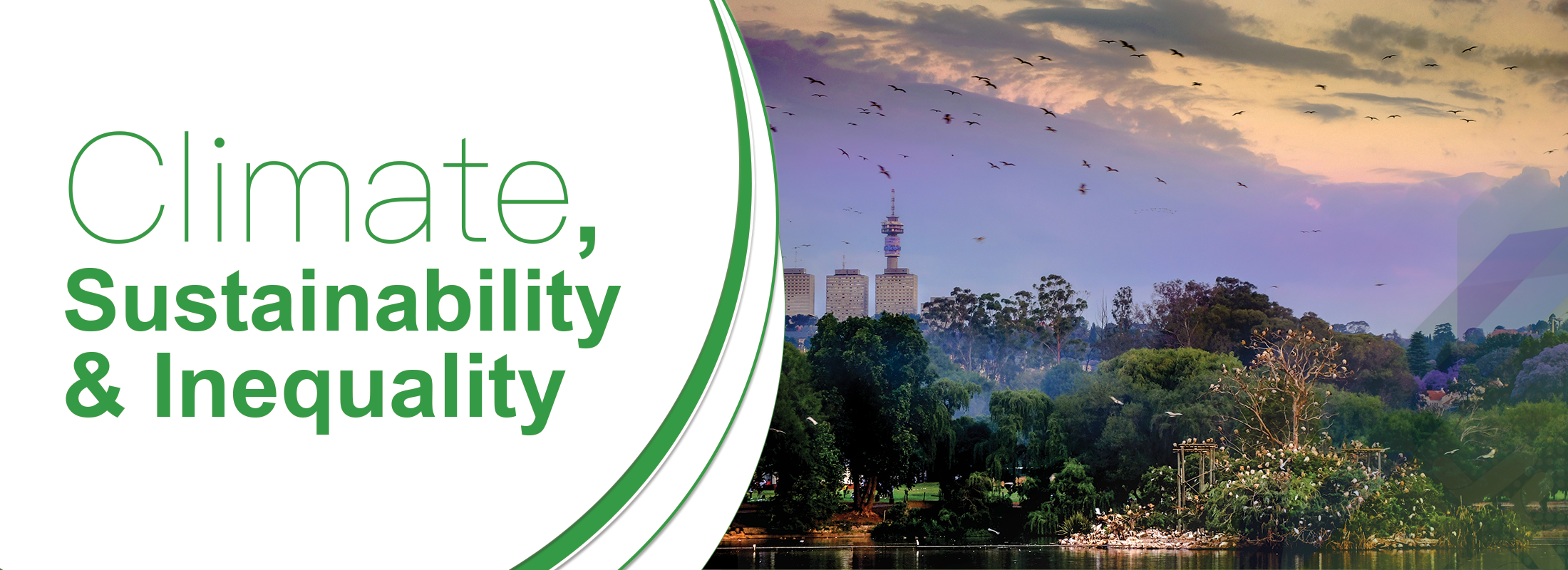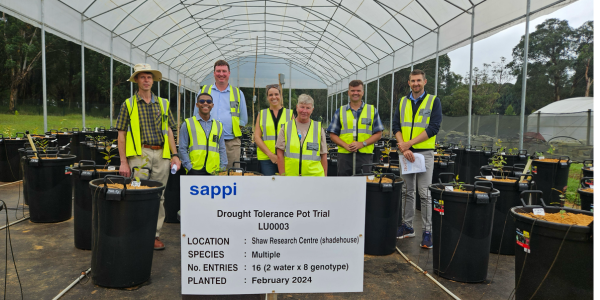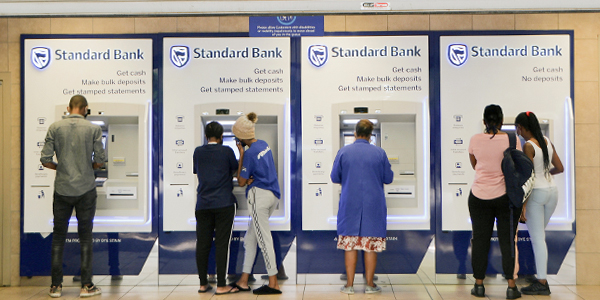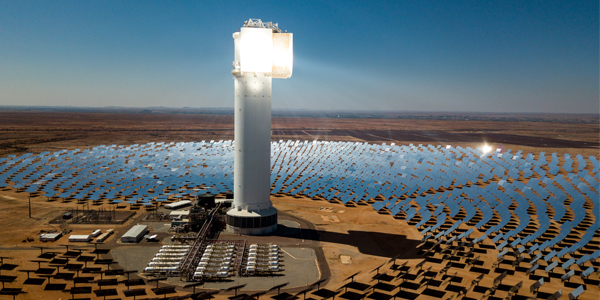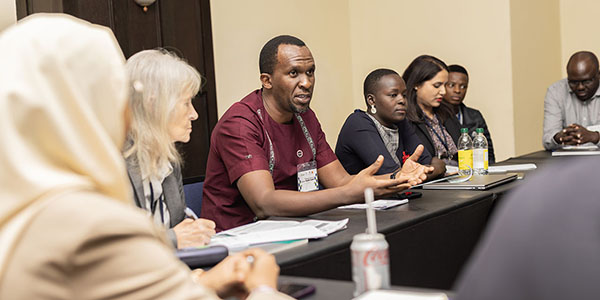
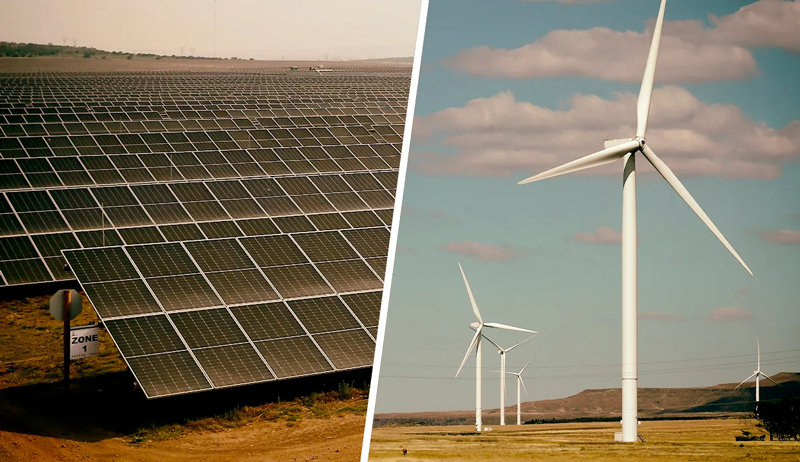
What happened to the Just Energy Transition grant funding?
The government released two key documents for the Just Energy Transition in South Africa. The first was the Just Energy Transition Implementation Plan, the roadmap for achieving decarbonisation of the economy in a just manner. The Implementation Plan covers six portfolios: Electricity; Mpumalanga Just Transition; New Energy Vehicles (NEVs); Green Hydrogen; Skills; and Municipalities and it has incorporated some of the comments received during the consultation process on the Just Energy Transition Investment Plan. Article by: Katrina Lehmann-Grube, Imraan Valodia & Julia Taylor
Read Full Article

OUR PLEDGE
Wits commits to playing a transformative leadership role in South Africa's response to the climate emergency. Through research, teaching, policy engagement and its own practice, using its location in the economic hub of the country, and understanding its history in mining and industry, Wits will play a pivotal role in a just and equitable transition to a net zero-carbon economy for the city, region, country, continent and the world, by 2050. At the center of this commitment will be ongoing analyses of our own carbon footprint, with a view to transforming the university into a living laboratory for just practices of sustainability.

Wits University, as one of the leading universities, is committed to promoting sustainability in its operations, teaching and learning, research – with the support of its students, staff and stakeholders.
The campaign, Save Our Resources. #ForGood is part of ongoing efforts to rally the Wits community to act with care, through small and big actions, as individuals and as a collective. Read more.

